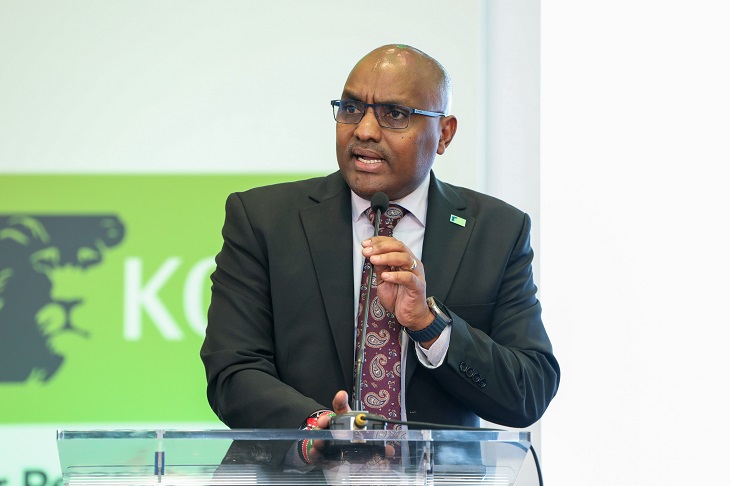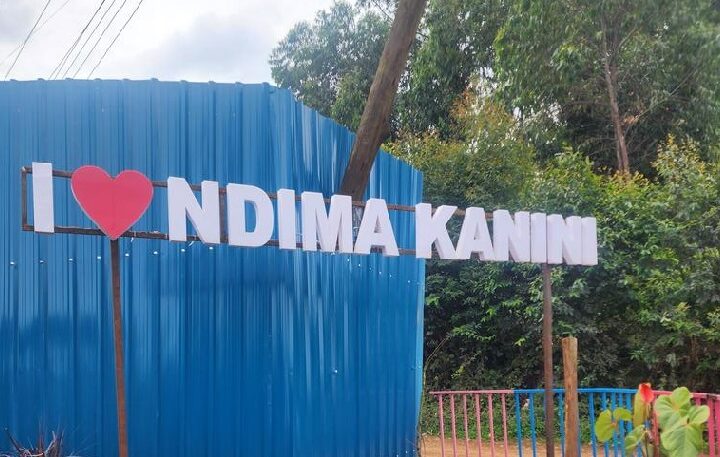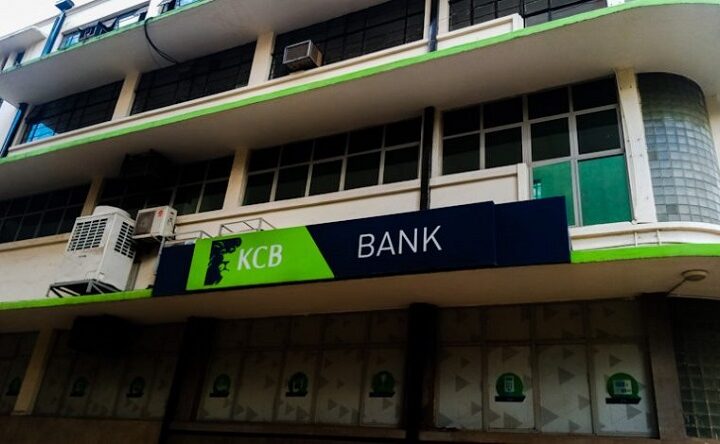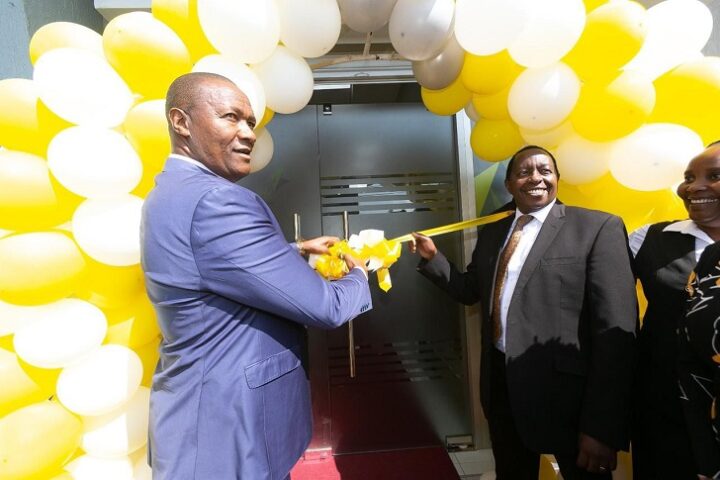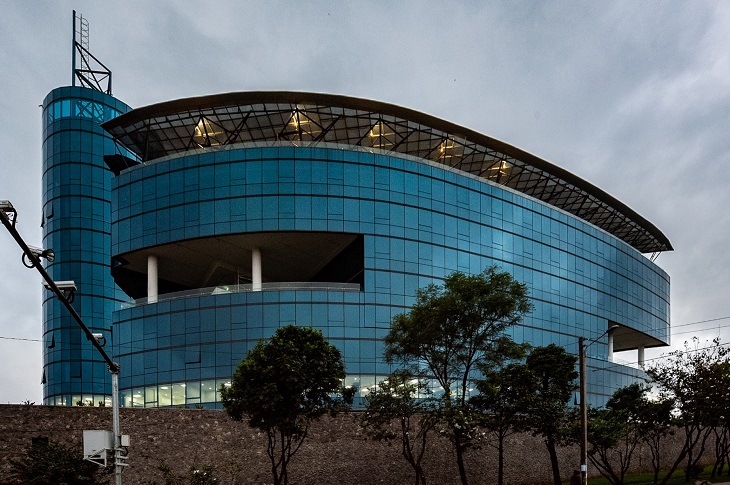KCB Group PLC delivered strong financial results in the first half of 2025, driven by growth in earning assets, amid a difficult operating environment.
The Group sustained its focus on deepening and leveraging regional scale to catalyse ongoing economic transformation and deliver value to shareholders, customers, and other stakeholders.
As a result, the Board of Directors has recommended an interim dividend of Ksh 2.00 per share for the 2025 period and a further special dividend of Ksh 2.00 per share (concerning the sale of National Bank of Kenya). This means shareholders will get a payout of KShs.13 billion, the largest interim payment and first-ever special dividend in the Bank’s history.
Profit after tax grew 8% from Ksh 29.9 billion to Ksh 32.3 billion as all business franchises posted higher earnings, riding on customer-focused initiatives.
“The business across markets remains resilient despite the tough operating environment in key markets like Kenya. Despite this, we have placed our customers at the fore, to ensure we meet their needs promptly,” said Paul Russo, the Group Chief Executive Officer, during the release of the results on Wednesday.
Subsidiaries outside KCB Bank Kenya continued to turn in stronger performance, with their profit before tax making up 33.4% of the overall Group earnings, and 31.4% of the balance sheet. PBT contribution from non-banking entities—KCB Investment Bank, KCB Asset Management, and KCB Bancassurance Intermediary Limited was up to 2.1% from 1.8% a similar period last year.
Total assets remained stable at KShs1.97 trillion, despite the sale of NBK in the second quarter of the year, demonstrating the Group’s capacity and capability to support its customers across the seven countries where KCB operates.
The Group’s loan portfolio stood at Ksh 1.18 trillion, representing a 2.8% growth (12% rise excluding the impact of NBK), supported by new business across subsidiaries. Customer deposits stood at Ksh 1.48 trillion, as deposit mobilization during the period netted off the impact of the sale of NBK and the impact of Uganda transitioning to its Government-to-Government oil importation programme. The stable deposit book highlighted the growing customer confidence in the brand.
Total revenue grew 4.3%, boosted by higher net interest income that rose to Ksh 69.1 billion, from 61.3 billion. Interest income from customer loans increased on the back of improved yields and loan volumes in the period. The cost of funds remained at par with the previous period and is expected to decline during the year as interest rates continue trending downwards across most markets.
The Group’s digital channels continued to offer unmatched convenience to customers, with 99% of transactions by number conducted through non-branch channels. This helped ringfence the Group’s non-funded income, which stood at Ksh 29.5 billion, despite a notable impact from reduced foreign exchange earnings. The share of NFI stood at 29.9% of the total revenue.
To further boost the Group’s digital footprint, KCB has rolled out a new unified mobile App available to all our customers in Kenya from August 11, 2025. The new platform introduces breakthrough self-onboarding capabilities, allowing customers to register and begin banking instantly, anytime, anywhere. Powered by advanced artificial intelligence, data analytics, and a mini-APP ecosystem, the platform is built for scale, agility, and inclusivity.
The Group maintained its prudent cost management approach, with costs growing by 2.4% driven by variable costs and investments for future growth. Total expenses closed the period at Ksh 45.4 billion, with the cost-to-income ratio stable at 46.0%.
Considering the challenging economic conditions in different sectors across the markets, the Group’s provisions for expected credit losses increased through judicious provisioning. Non-Performing Loans (NPL) closed at 18.7% from 19.2% in December 2024, while the stock of NPL stood at Ksh 221.1 billion.
In what gives the Group adequate headroom to better support customers, the capital and liquidity buffers remained stable within regulatory expectations and way above industry average. All banking subsidiaries were compliant with their respective local regulatory capital requirements. The Group’s core capital as a proportion of total risk-weighted assets stood at 17.0% against the statutory minimum of 10.5% while the total capital to risk-weighted assets ratio was at 19.7% against a regulatory minimum of 14.5%. The Group’s liquidity ratio was 47.2%, compared to 47.0% in H1 last year.
The strong financial fundamentals enabled the Group to deliver stronger value to shareholders. Return on Equity (ROAE) stood at 22.2% while Return on Assets (ROA) of 3.3%. Total equity attributable to shareholders was up by 27.3% from Ksh 241.0 billion to Ksh 306.8 billion.
Related Content: KCB Launches A Revamped Mobile Banking App As Disbursements Hit Ksh116 Billion


